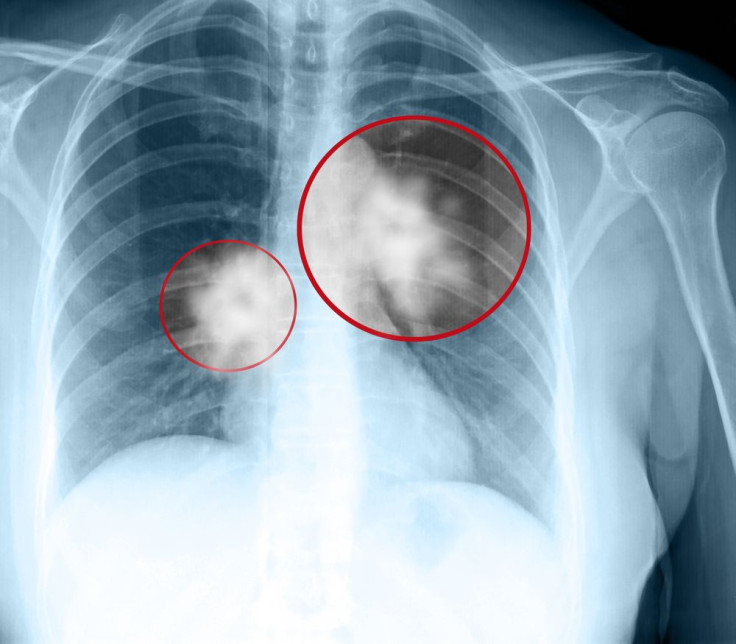Cimavax, Cuban Lung Cancer Vaccine, Gets Approval To Come To US: What If We Could Prevent Cancer?

Thanks to improved relations with Cuba, U.S. researchers will soon have access to a lung cancer vaccine. The Roswell Park Cancer Institute in New York has finalized an agreement with Cuba’s Center for Molecular Immunology to bring the vaccine, Cimavax, to the United States.
Cimavax has now embarked on the first leg of its long journey to FDA approval. Although the drug has been available free of charge to Cubans since 2011, it will likely be some time before Americans can expect the treatment to be available stateside. Roswell Park CEO Dr. Candace Johnson told Wired that she hopes to get approval for testing Cimavax within six to eight months and to start clinical trials in a year.
Once trials begin, the vaccine will need to be tested for its safety and effectiveness before its release for public use can even be discussed. The process will likely take years, but still, Roswell Park has already submitted a 1,000-page investigational new drug (IND) application for FDA review, Johnson previously told Medical Daily.
Although many may confuse vaccines as a drug which prevents an illness, the word actually describes anything which facilitates an immune response from the body. Cimavax works by spurring a patient’s body to release antibodies against epidermal growth factor, which signals tumor growth. In lung cancer patients, this prevents lung tumors from growing and spreading and can turn a late-stage lung cancer into something slightly more manageable.
According to Cancer Research UK, the vaccine helps lung cancer patients live an average of four to six months longer than those without the medication. It also improved the people’s quality of life by reducing symptoms such as coughing and breathlessness.
The drug is by far not a miracle solution to lung cancer. It does not save the lives of terminal lung cancer patients. It can only extend and slightly improve them. Also, there are already treatments available in the U.S., such as the widely used Tarceva, which works similar to Cimavax by extending patient lifespan by controlling tumor growth hormones. However, Cimavax is particularly intriguing because of its low toxicity level and extreme affordability (Wired reported that each shot of the drug costs the Cuban government around one U.S. dollar).
Roswell Park doesn’t plan on limiting its Cimavax research to lung cancer treatment, however. The institute is hoping to take the vaccine to the next level and explore its potential as a way to completely prevent the recurrence and even initial onset of lung cancer. Currently, the drug is given to help extend the lives of lung cancer patients in Cuba. Roswell Park plans on testing the limits of the drug’s capacity and what would happen if the drug was given to individuals who do not yet have lung cancer tumors. For example, in a talk radio show with WBFO, Johnson explained her interest in seeing if the drug could prevent the recurrence of lung cancer in patients that were diagnosed early on, had surgery to remove the cancer, but still remain at high risk.
“You have surgery. You treat the lung cancer. You're free of disease, but you're at high risk for recurrence. The cancer is going to grow back. Let's give the vaccine there,” Johnson said.
She even wants to push the vaccine’s potential even further and explore whether actually preventing cancer from ever occurring is a real possibility.
“And let's just say that works and we prevent recurrence and we show an efficacy in that setting,” she said. “We could move back even further, and perhaps this vaccine may have value in treating heavy smokers or people with already chronic lung diseases that are at high risk for lung cancer.”



























